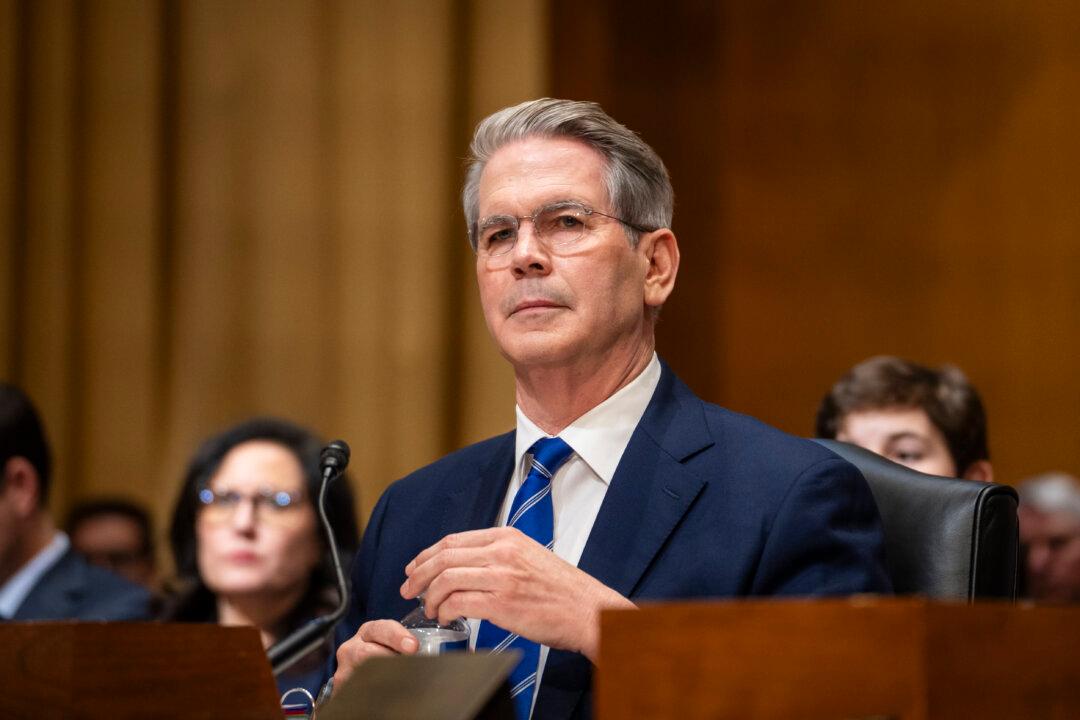China’s home prices fell for the first time in six years in September amid a home sales slump and developer debt crises, casting shadows on the country’s weakening economic growth.
China’s average new home price in 70 cities slightly declined in September compared with a month earlier, and the year-on-year increase continued to slow, Sheng Guoqing, the chief statistician of China’s National Bureau of Statistics (NBS), said on Oct. 20.
The monthly drop is either 0.08 percent, or 0.1 percent, based on the formula analysts used. It marks the first decline since May 2015, in contrast to the 0.2 percent increase in August.
“It’s obvious that the housing market has entered a downward cycle,” said Yan Yuejin, research director of Shanghai-based E-house China Research and Development Institute, according to state-backed National Business Daily.
The latest data showed 27 out of 70 cities reported new home prices increased last month, down from 46 in August. It is also the lowest point since February 2020, when the regime started to launch a stringent lockdown across the country to combat the COVID-19 outbreak
Compared with a year earlier, China’s new home prices grew 3.8 percent in September, the slowest in nine months, easing from a 4.2 percent increase in August.
Yan told National Business Daily the current issue is housing prices changing from “overheating” to “overcooling,” advising regulators to be careful of possible sharp falls in prices or contagion fears, the report said.
Many of the country’s developers are now facing a liquidity crunch amid Beijing’s tightened regulations on fresh borrowing of funds, unlike the heavy borrowing to build homes during the real estate market surge of 2016 to 2018.

The debt crisis further impacted homebuyers who have already paid deposits. The low confidence can be seen in home sale figures for September, a traditional peak season for the home market.
Property sales by floor area slumped to 15.8 percent, down for a third month, according to Reuters calculations based on NBS data released on Oct. 18.
The downturn also hammered the world’s second-largest economy, as the housing market contributed to more than one-quarter of China’s gross domestic product (GDP), if related industries are added.
Meanwhile, new construction starts in September declined for a sixth straight month, the longest downtrend since 2015.
China’s vice premier Liu He said on Wednesday that the overall risk is “controllable,” while admitting that there are some problems in the property market, according to state news agency Xinhua.




